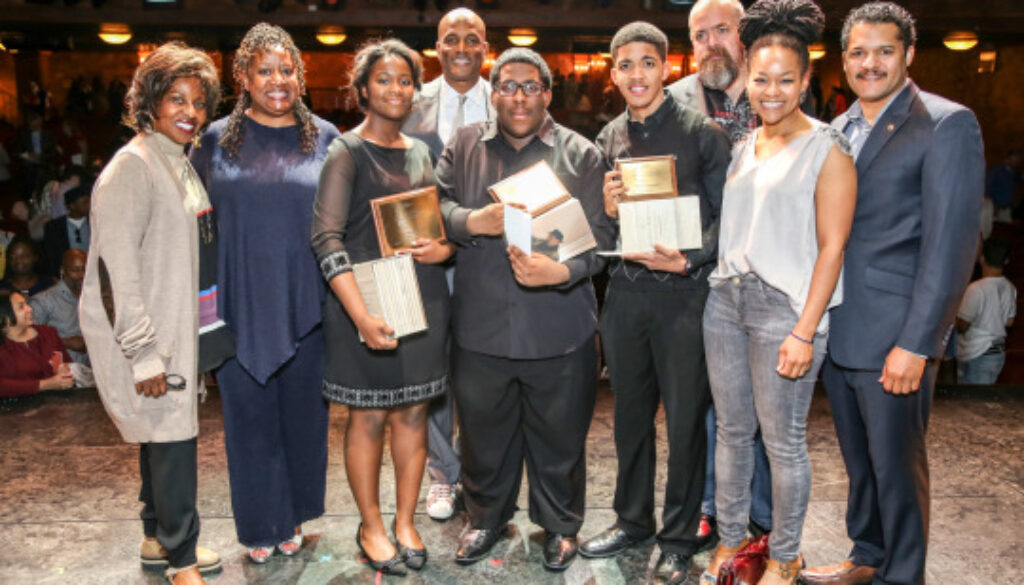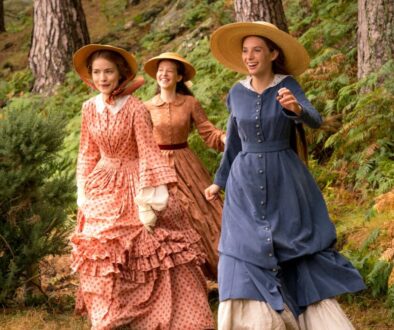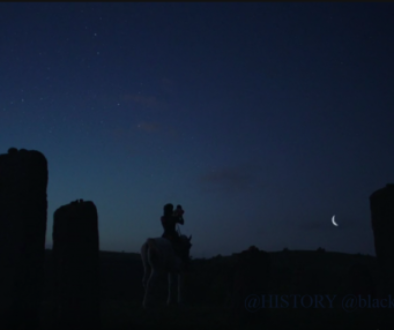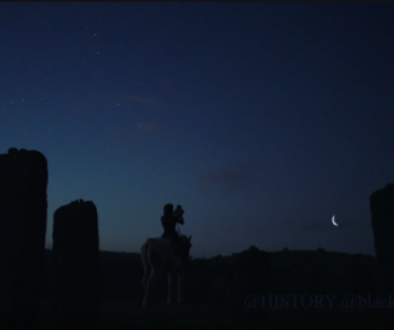August Wilson Monologue Contest Keeps Playwright’s Memory Alive
(This article was originally featured on The Columbia Journalist on May 7, 2015)

(Left to right: Pauletta Washington, Hilda Willis, Moyè Light, Kenny Leon, Cameron Southerland, Jonathan German, David Gallo, Crystal Dickinson and Brandon Dirden at the 7th Annual August Wilson Monologue Competition. Photo: Jorge J. Abouyoun/AWMC)
Moyé Light stood in the middle of the stage in a black dress with beaded trim, performing a scene from “Ma Rainey’s Black Bottom.” There were 15 other actors sitting in a semicircle of black folding chairs behind her, waiting for their turn.
“Bessie what? What I care about Bessie. I gots my people,” Light said in righteous anger, shaking her head as Ma Rainey, the “mother” of the blues and one of the first blues singers to ever record.
Pulitzer Prize-winning playwright August Wilson’s play deals with Ma Rainey’s recording career in the 1920s, bigotry and the exploitation of black artists by white record companies.
Light, a junior from Atlanta, was a finalist in the annual August Wilson National Monologue Contest, which encourages high school students to embrace Wilson’s works as part of their overall education. Regional winners gathered for the final round May 4 at the August Wilson Theater on Broadway, competing for scholarships as well as a chance to display their acting chops to the judges.
The competition was founded by Kenny Leon and Todd Kriedler, creative directors and collaborators of many of Wilson’s works. Each year Leon hosts the finals.
“It’s easy because I have so much passion and love for these young people,” Leon said.
Light continued her monologue. Ma Rainey is cursing and rolling her eyes at an imaginary critic. Her voice projects anger and disgust at those who want to misuse her talent to line their own pockets. At the end of the monologue, the audience claps enthusiastically. “You go, girl,” echoes from the back of the orchestra. Light smiles, bows and returns to her seat.
“She is sassy and strong. She’s been through a lot and I have been through a lot,” Light said later about Ma Rainey.
In between each monologue, Leon quotes a line from a Wilson play. The audience enthusiastically shouts out the matching character.
Wilson’s 10-play cycle, called the “Century Cycle” or “Pittsburgh Cycle,” documents the lives of African-Americans in Pittsburgh’s Hill District during each decade of the 20th century. Two plays, “Fences” and “The Piano Lesson,” received the Pulitzer Prize. Many of the stories touch on common themes for all Americans: parenthood; economic struggle; and marriage.
Each contestant received a box set of Wilson’s 10-play cycle and were inducted into the “Wilson Warrior” family. “Wilson Warriors” are former contestants as well as anyone who was involved in a production of a Wilson play. Their mission is to persuade schools to perform his works and read his plays in classes.
Leon finally announced the winners. The third place winner, Jonathan German, won a $1000 scholarship. The second place winner, Cameron Southerland, won a $2000 scholarship.
Light won first place, a $3000 scholarship. She is still looking at colleges and plans to major in theater.



